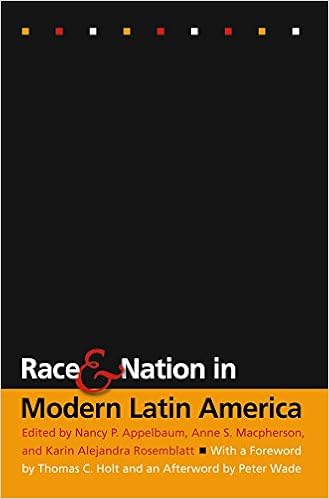A Seminole Legend: The Life of Betty Mae Tiger JumperPosted in Anthropology, Autobiography, Books, Media Archive, Monographs, Native Americans/First Nation, United States, Women on 2016-06-26 01:43Z by Steven |
A Seminole Legend: The Life of Betty Mae Tiger Jumper
University Press of Florida
2001-11-30
208 pages
5.5 x 8.5
Hardcover ISBN 13: 978-0-8130-2285-7
Patsy West
With A Seminole Legend, Betty Mae Jumper joins the ranks of Native American women who are coming forward to tell their life experiences. This collaboration between Jumper and Patsy West, an ethnohistorian who contributes general tribal history, is a rare and authentic account of a pioneering Florida Seminole family. It will take its place in Seminole literature, historical and anthropological studies, Florida history, women’s history, and Native American studies.
Betty Mae Tiger was born in 1923 to a Seminole Indian mother and a French trapper father, a fair-skinned half-breed who was nearly put to death at age five by tribal medicine men. Her inspiring autobiography is the story of the most decorated member of the Seminole Tribe of Florida—a political activist, former nurse, and alligator wrestler, who today has her own web site.
Jumper is also a beloved story-teller, renowned for passing along tribal legends. In this book she describes her family’s early conversion to Christianity and discusses such topics as miscegenation, war and atrocities, the impact of encroaching settlement on traditional peoples, and the development of the Dania/Hollywood Reservation. She became the first formally educated Florida Seminole, attending a government boarding school in Cherokee, North Carolina, where at age 14 she learned to speak English.









